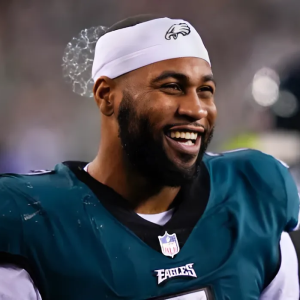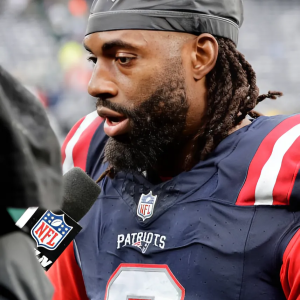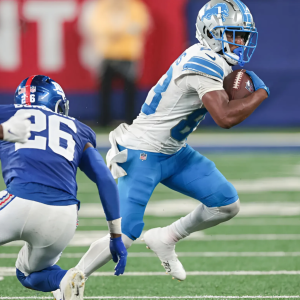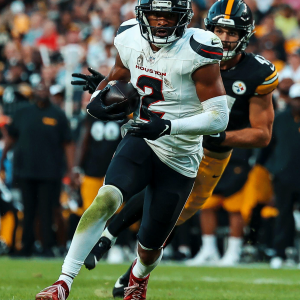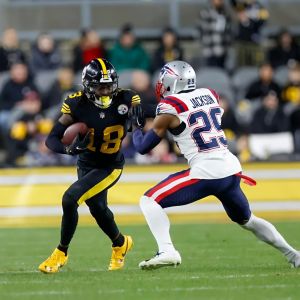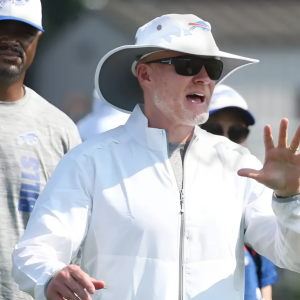The NY Jets pulled off one of the most notable moves of the Joe Douglas era on Friday when they traded for former Philadelphia Eagles star pass rusher Haason Reddick.
While some will call into question the approach the Jets took to get to this point, there is no denying the value of the Reddick trade. The Jets were able to land one of the best pass rushers in the NFL for a conditional Day 2 pick two years in the future.
The Philadelphia Eagles felt compelled to move Reddick this offseason given his expiring contract and the addition of former Jets star Bryce Huff. That allowed the Jets to take advantage of a high-value trade possibility.
The only asset the Jets gave up is a 2026 third-round pick that could become a second-round pick if certain conditions are met. Those conditions happen to be very Jets-friendly as well.
That conditional pick only becomes a second-rounder if Reddick plays more than 67.5 percent of defensive snaps in 2024 and records at least 10 sacks. There’s a very good chance both of those conditions aren’t hit.
Reddick did play 74 percent of snaps for the Eagles in 2023, but the player he’s replacing, Huff, was on the field for just 42 percent of the Jets’ defensive snaps last season. Even assuming Reddick will play more than Huff — which he will — it’s far from a guarantee he will reach that 67.5 percent mark.
The only Jets defensive lineman to play more than 67.5 percent of snaps in 2023 was Quinnen Williams, who barely reached that total at 68.5 percent. No Jets edge rusher was able to hit that mark.
The Jets undoubtedly see Reddick as more of a three-down player than Huff, but there’s a very good chance he doesn’t play as much as Williams even if he’s healthy for all 17 games.
On top of that, 10 sacks is a very loft figure to reach. Huff became the first Jets edge rusher since Calvin Pace in 2013 to finish with double-digit sacks in a season last year. He was the only player on the roster with more than eight sacks.
This is despite the fact that the Jets finished with the best sack rate in the NFL. Reddick may have recorded 11+ sacks in each of the last four seasons, but he has some serious competition for sacks in New York.
The Jets rotate their defensive line even more than the Eagles do, and with so many other talented front-seven players vying for sacks, Reddick’s sack production might decrease even if his overall efficiency doesn’t.
Is it possible Reddick reaches both of those conditional elements? Sure, but it’s far from a guarantee, and it’s not a stretch to say it’s unlikely.
The other aspect of the Reddick trade is the possibility that the Jets could recoup a compensatory pick. If the Jets opt not to extend Reddick this offseason and let him walk in free agency in 2025, the team would likely receive a compensatory pick as a result.
That comp pick could be as high as a third-rounder if Reddick is signed to a large enough contract, which one would assume he would be. If that happens and Reddick also doesn’t reach his conditions, the Jets will have essentially given up nothing to acquire an All-Pro pass rusher.
The Jets will have paid $14 million in 2024 cap space and moved down a few slots in the third round two years in the future for one season of Reddick — a season in which the Jets are all-in on competing for a Super Bowl.
The Haason Reddick trade already looks like excellent value for Joe Douglas and the Jets, but a closer inspection reveals the hidden value behind the deal is even greater. This was an outstanding move by the Jets in a vacuum.
